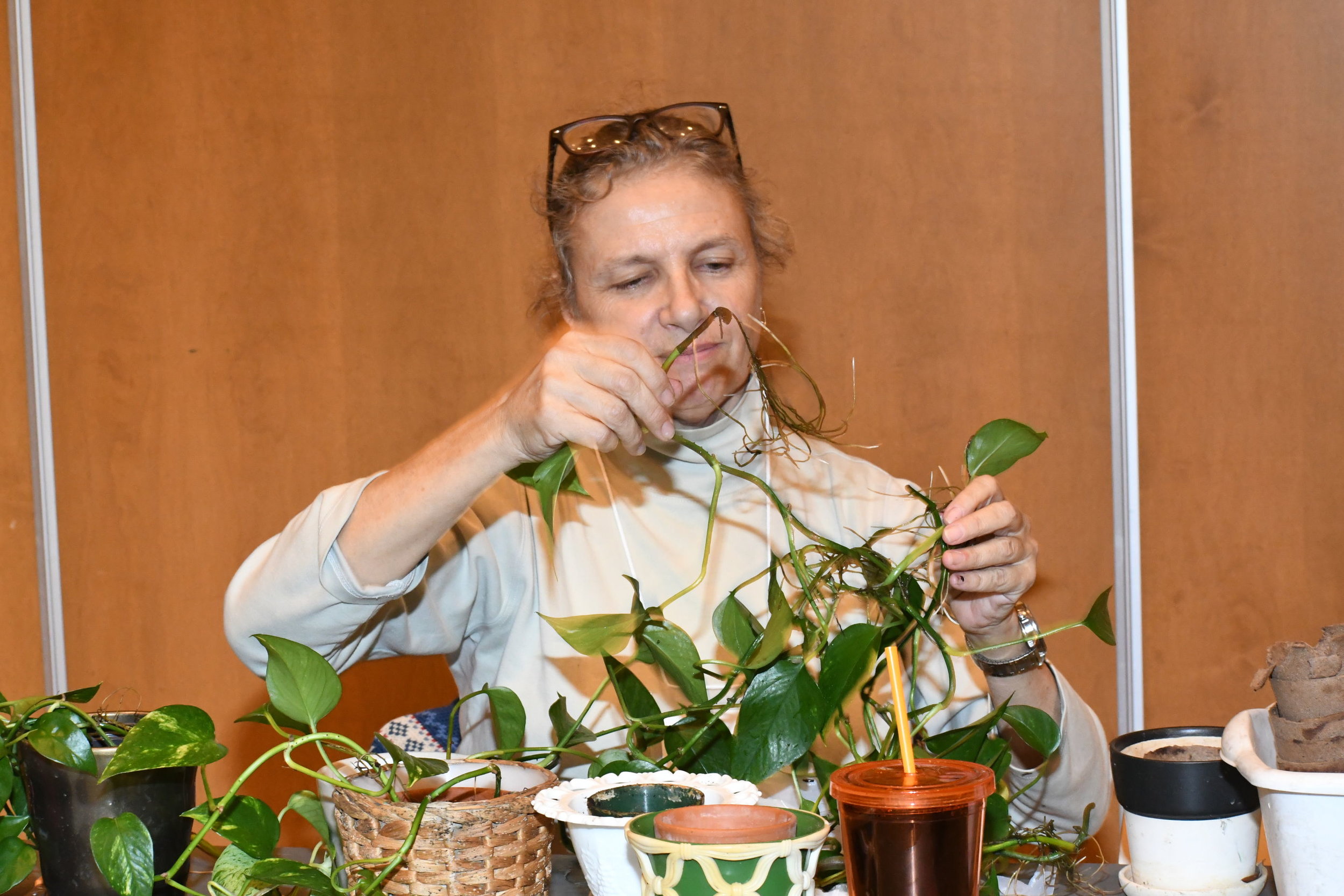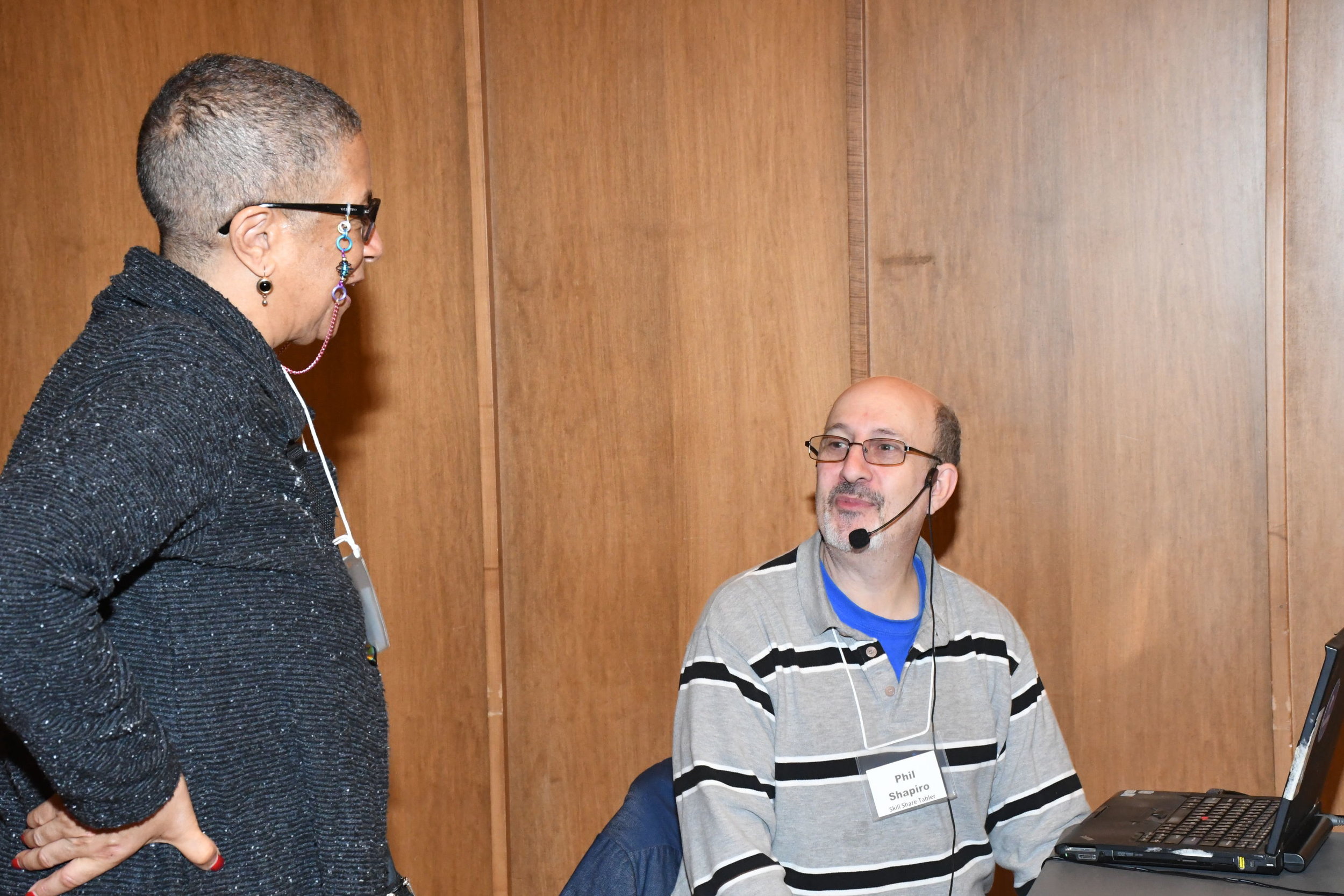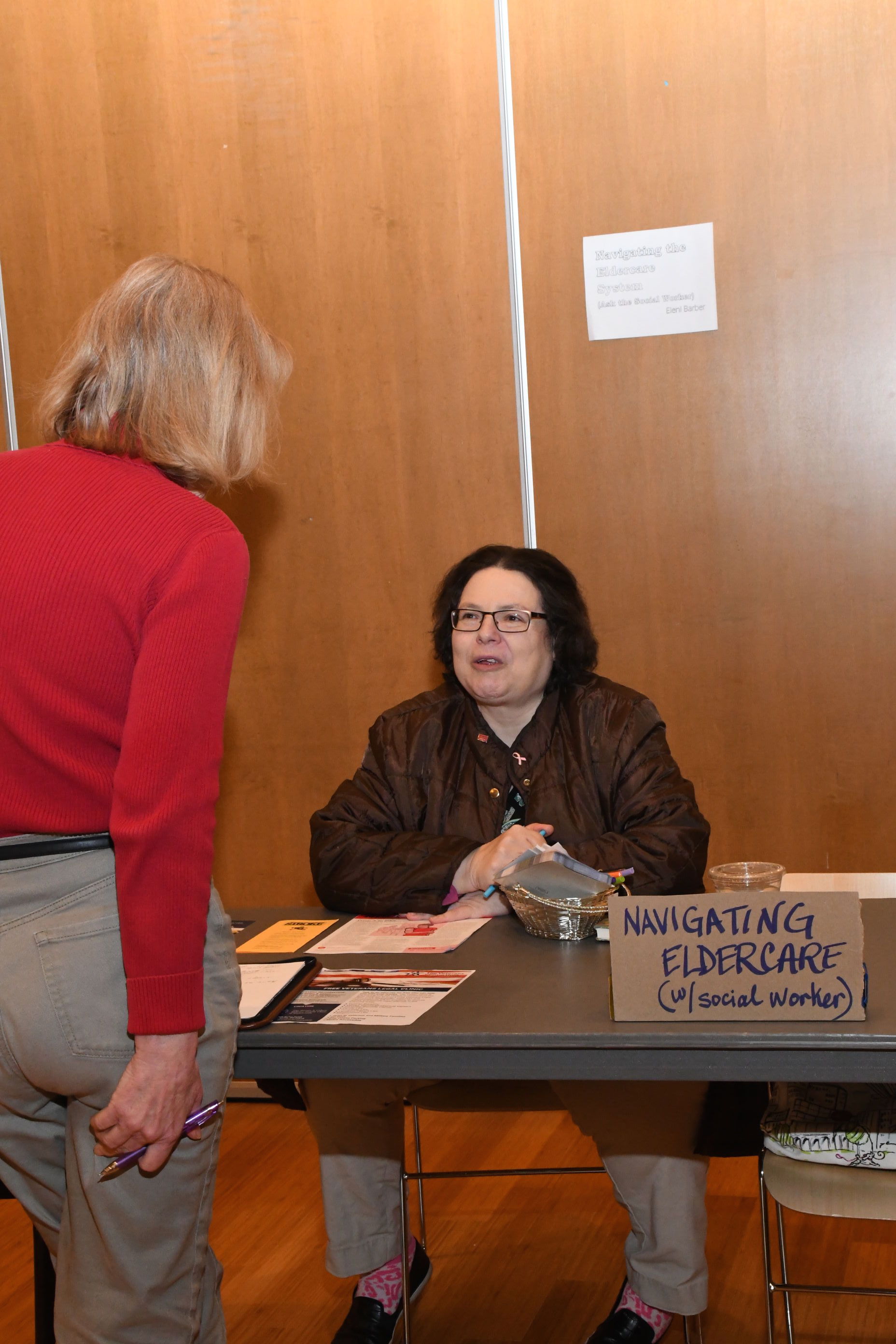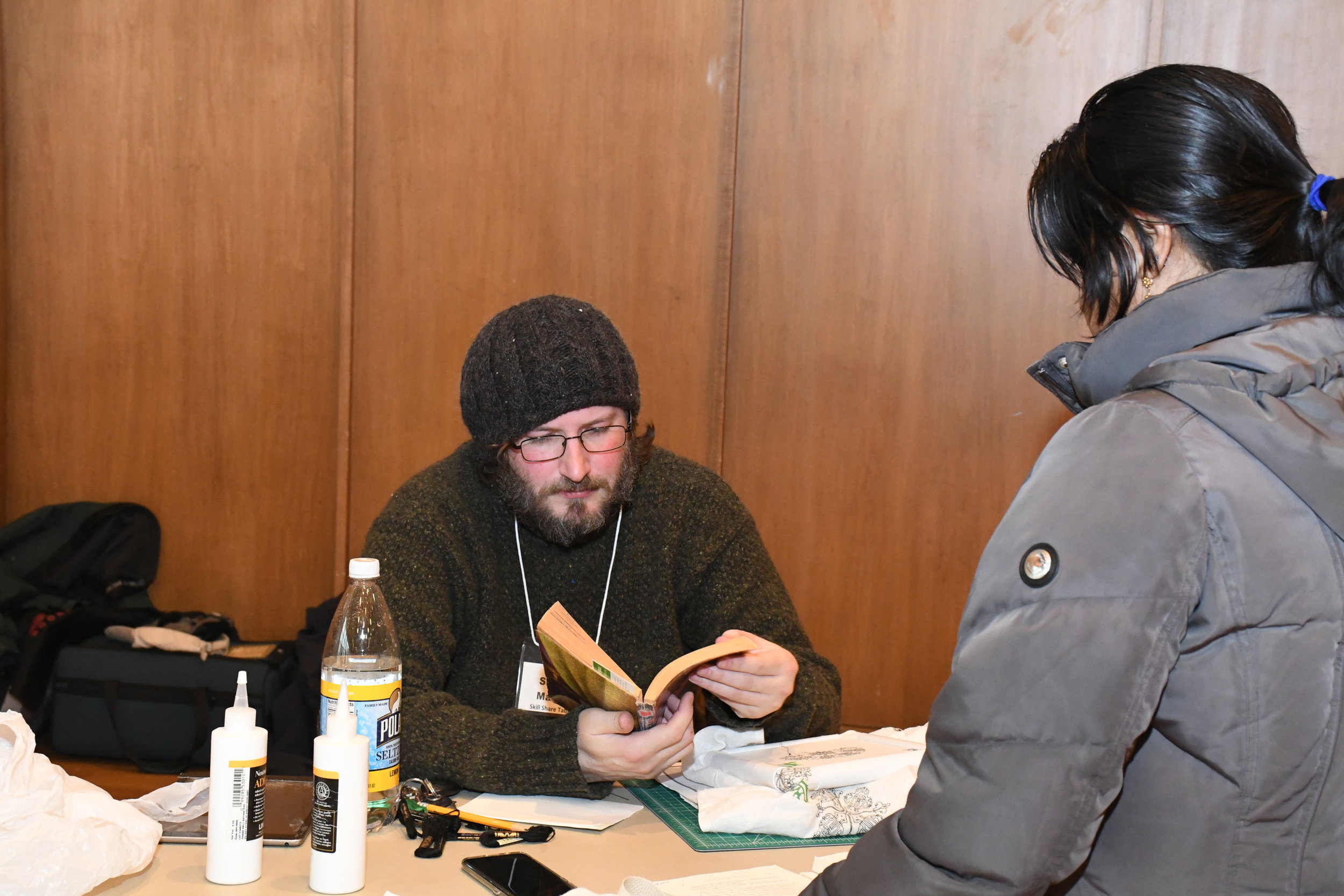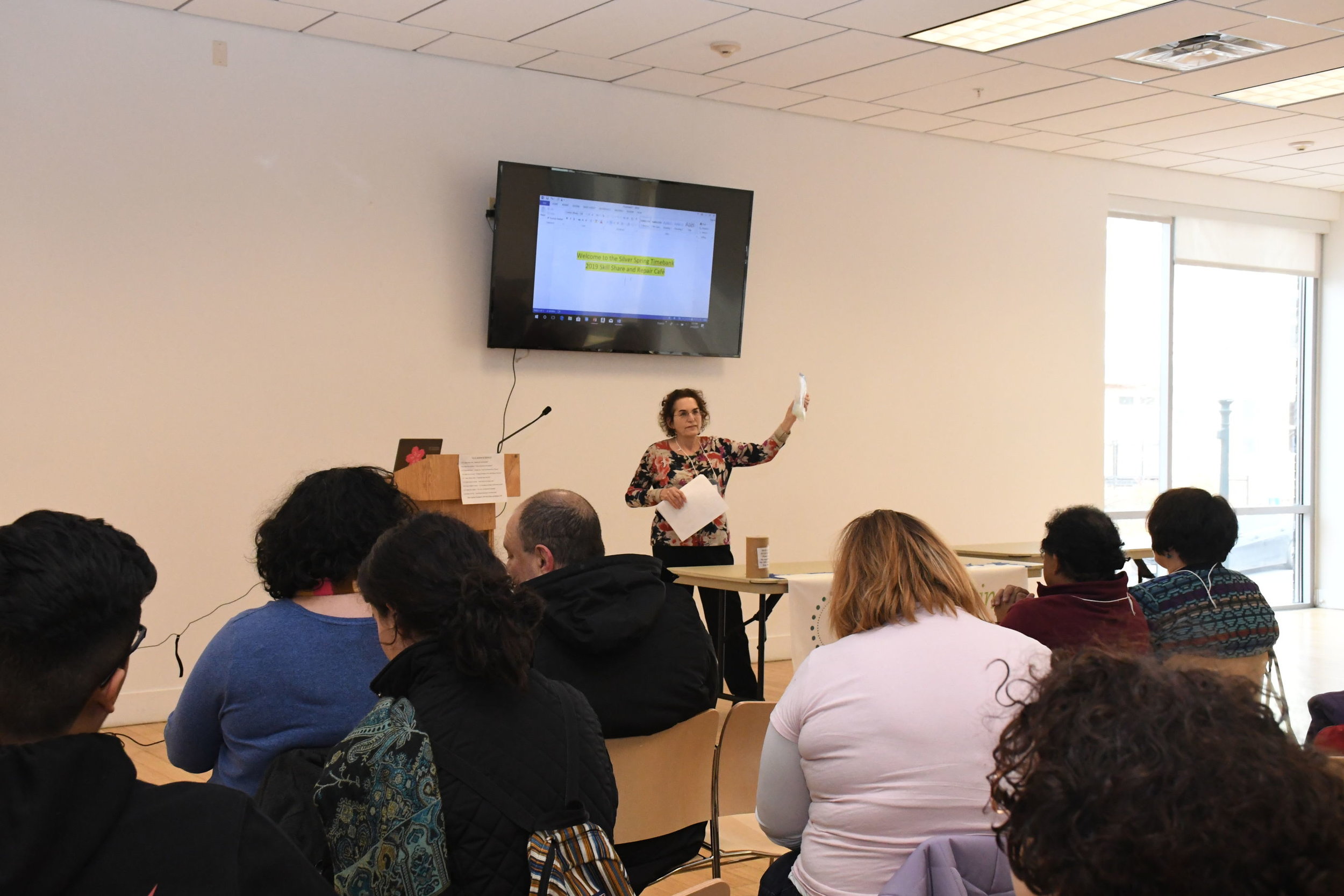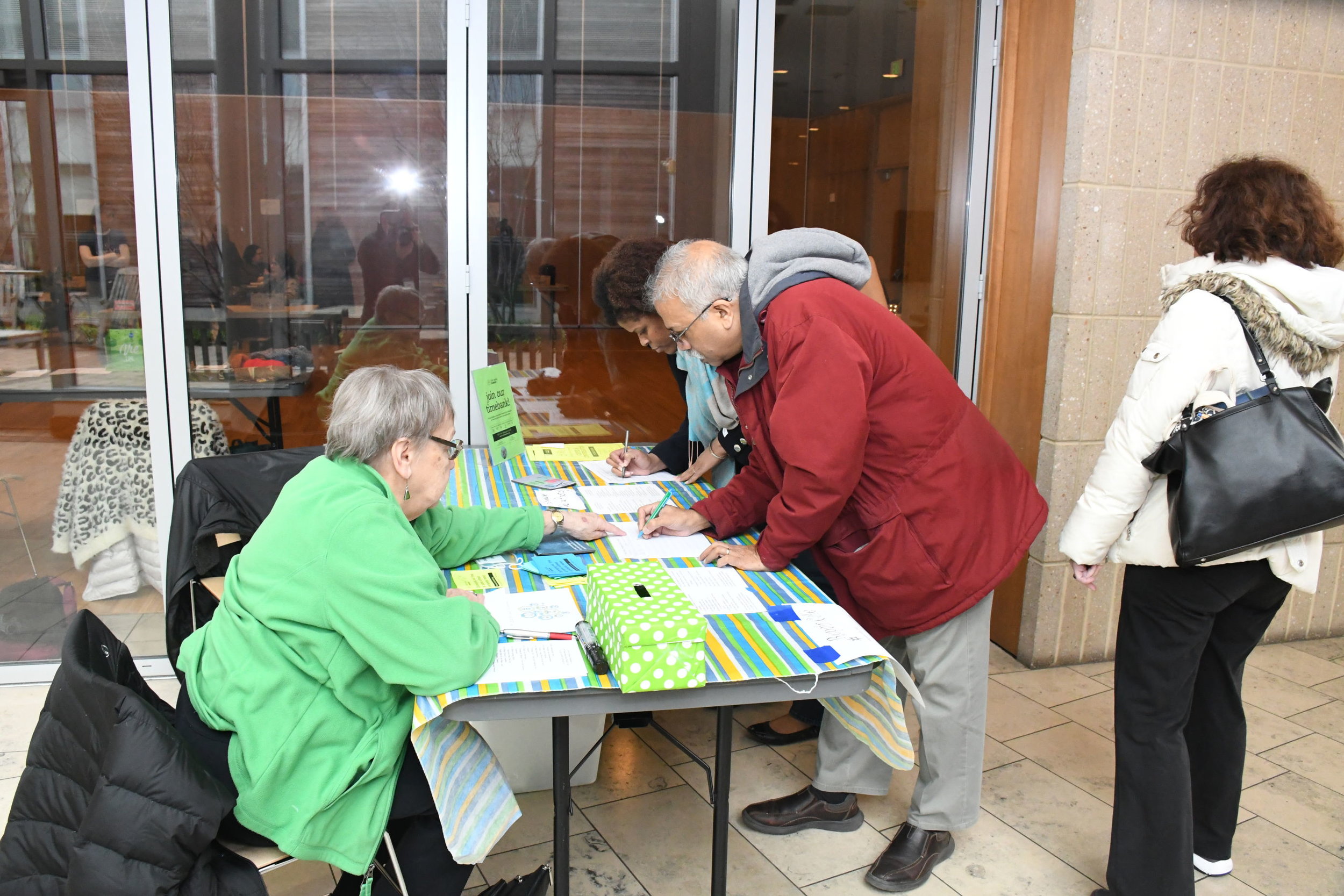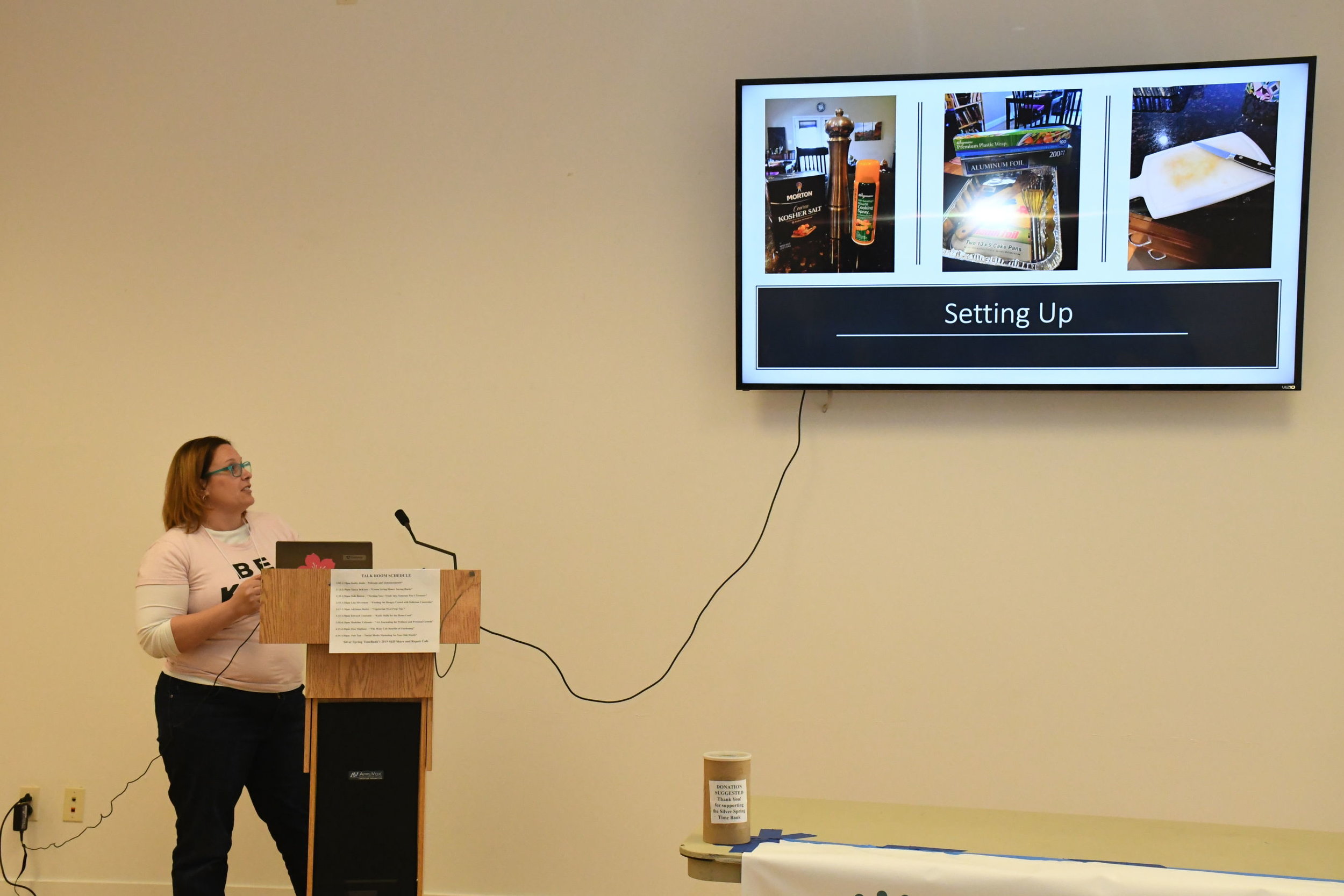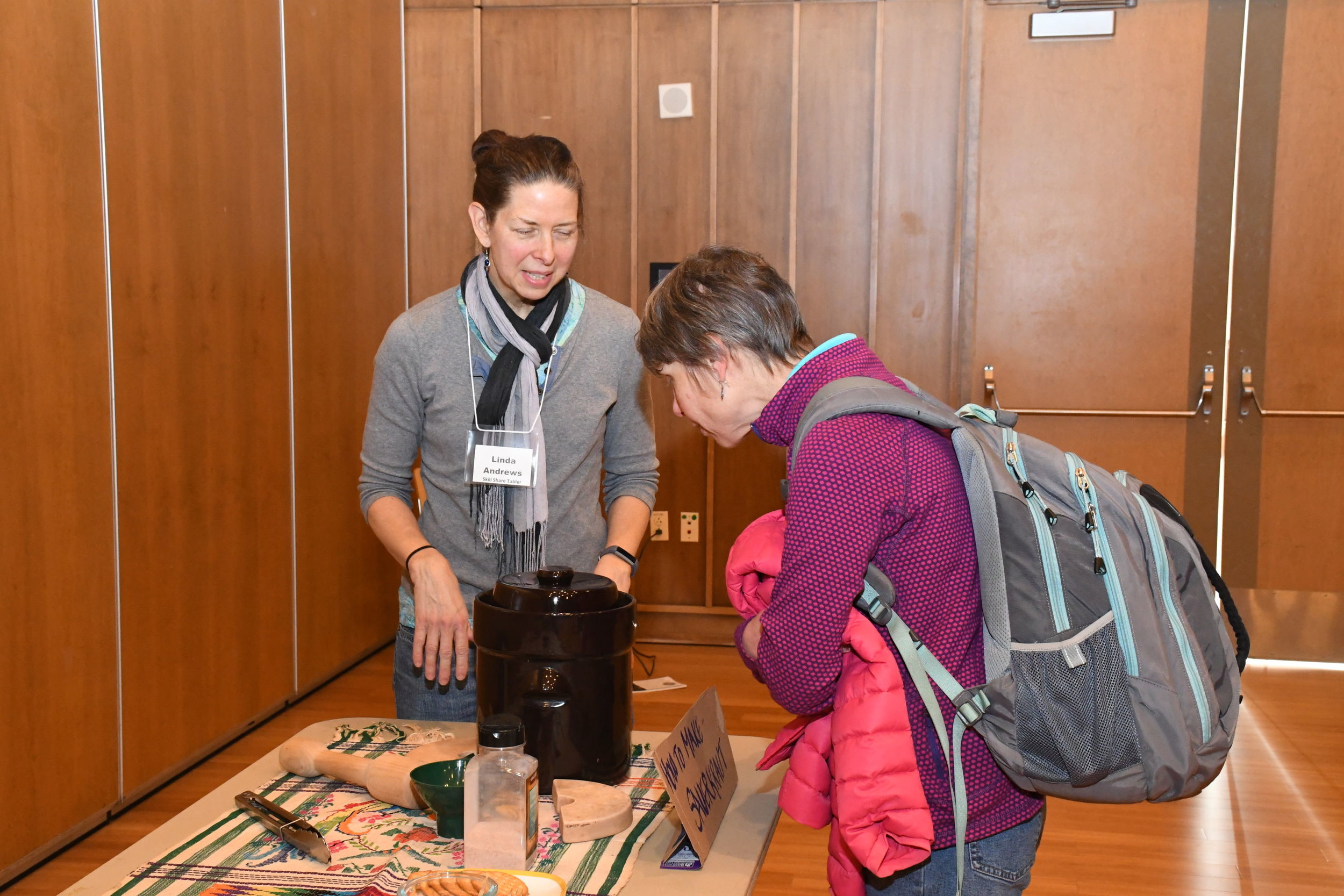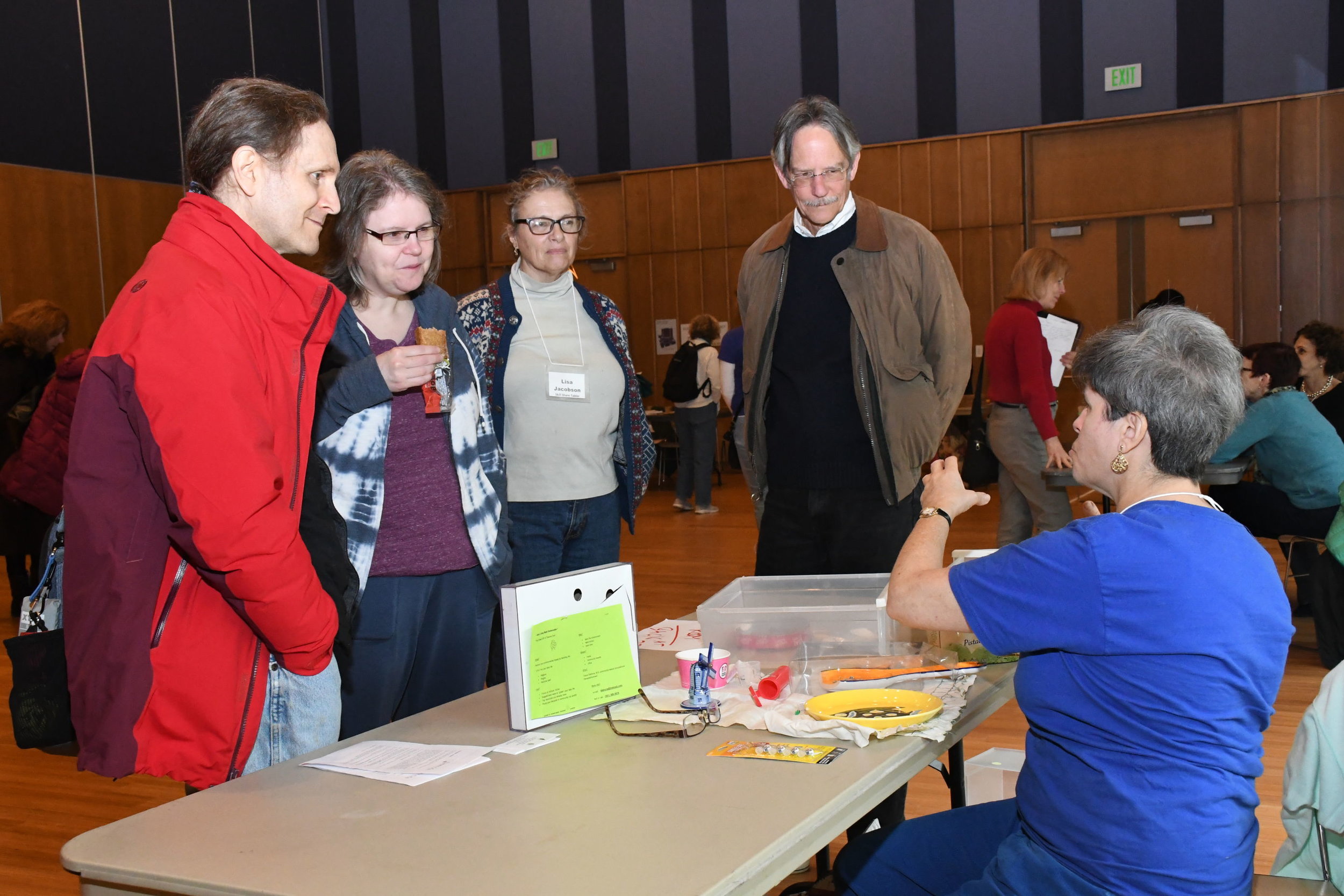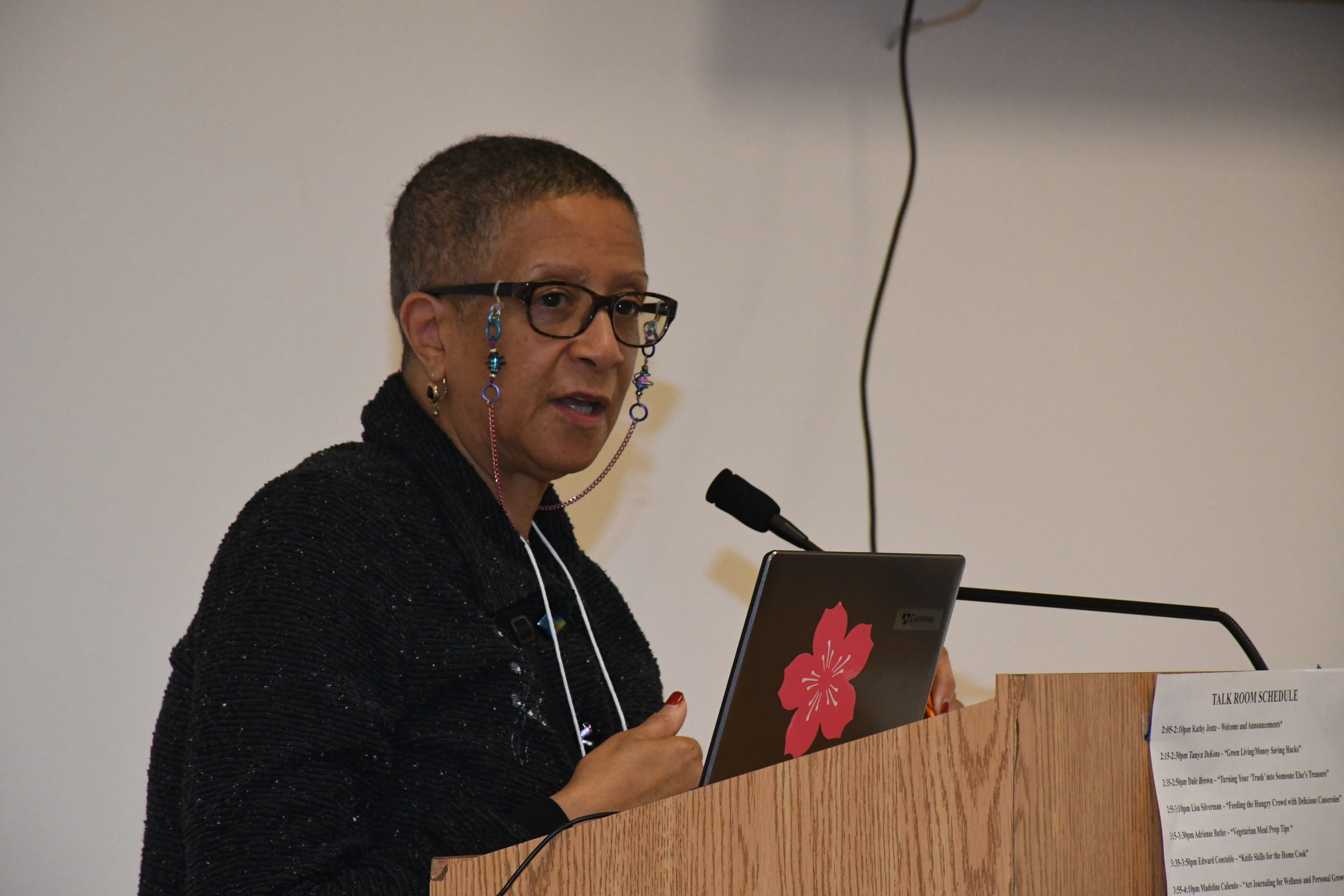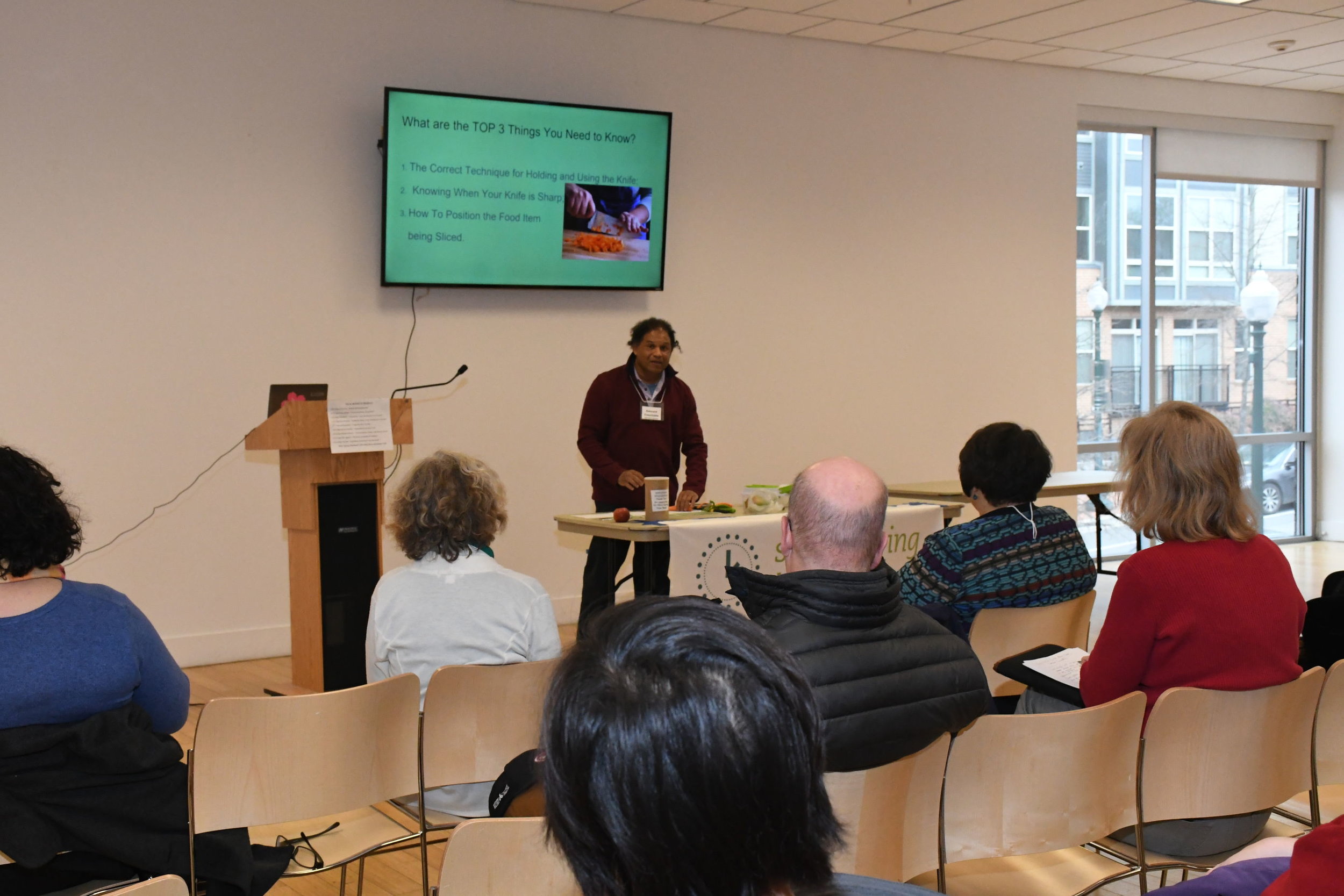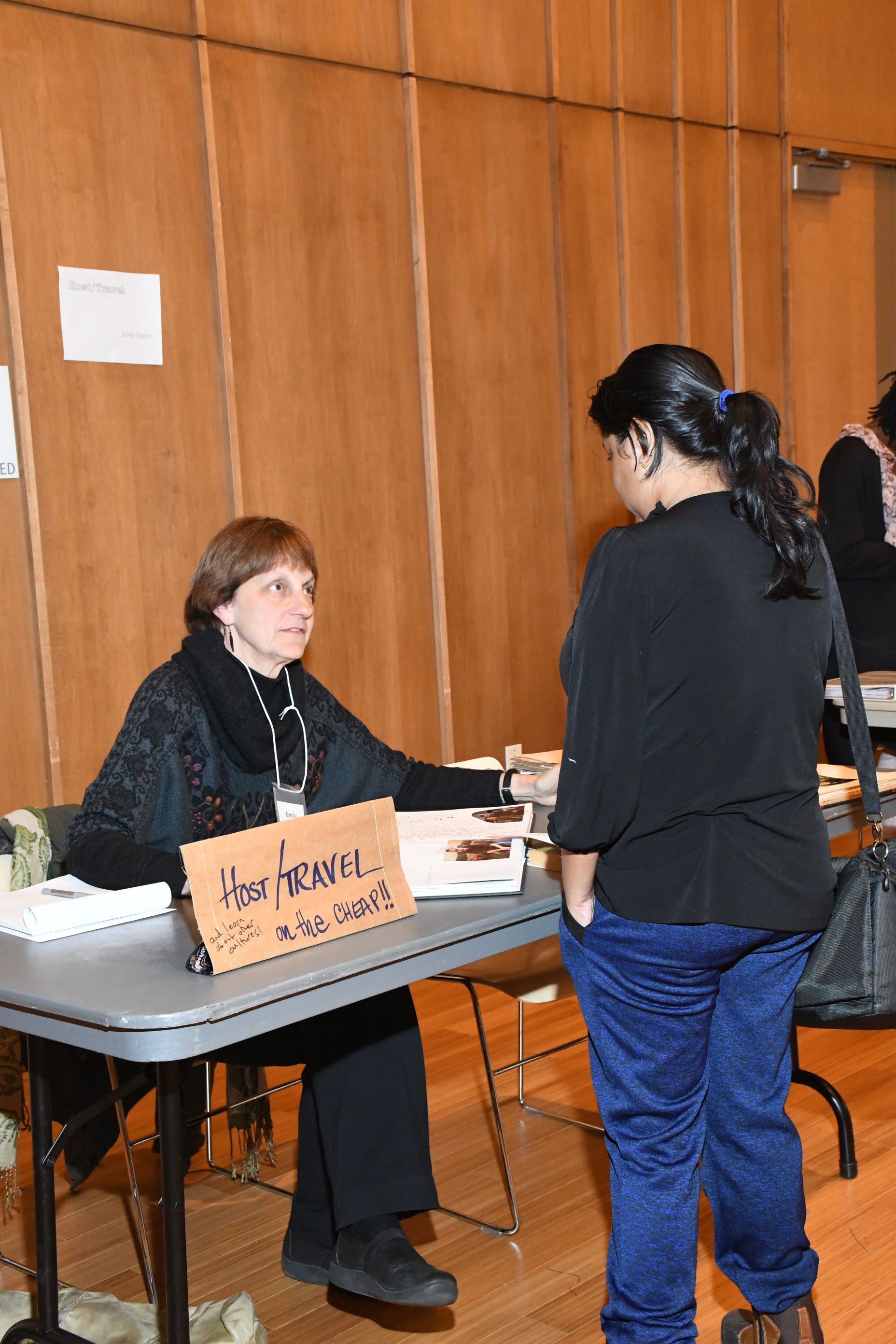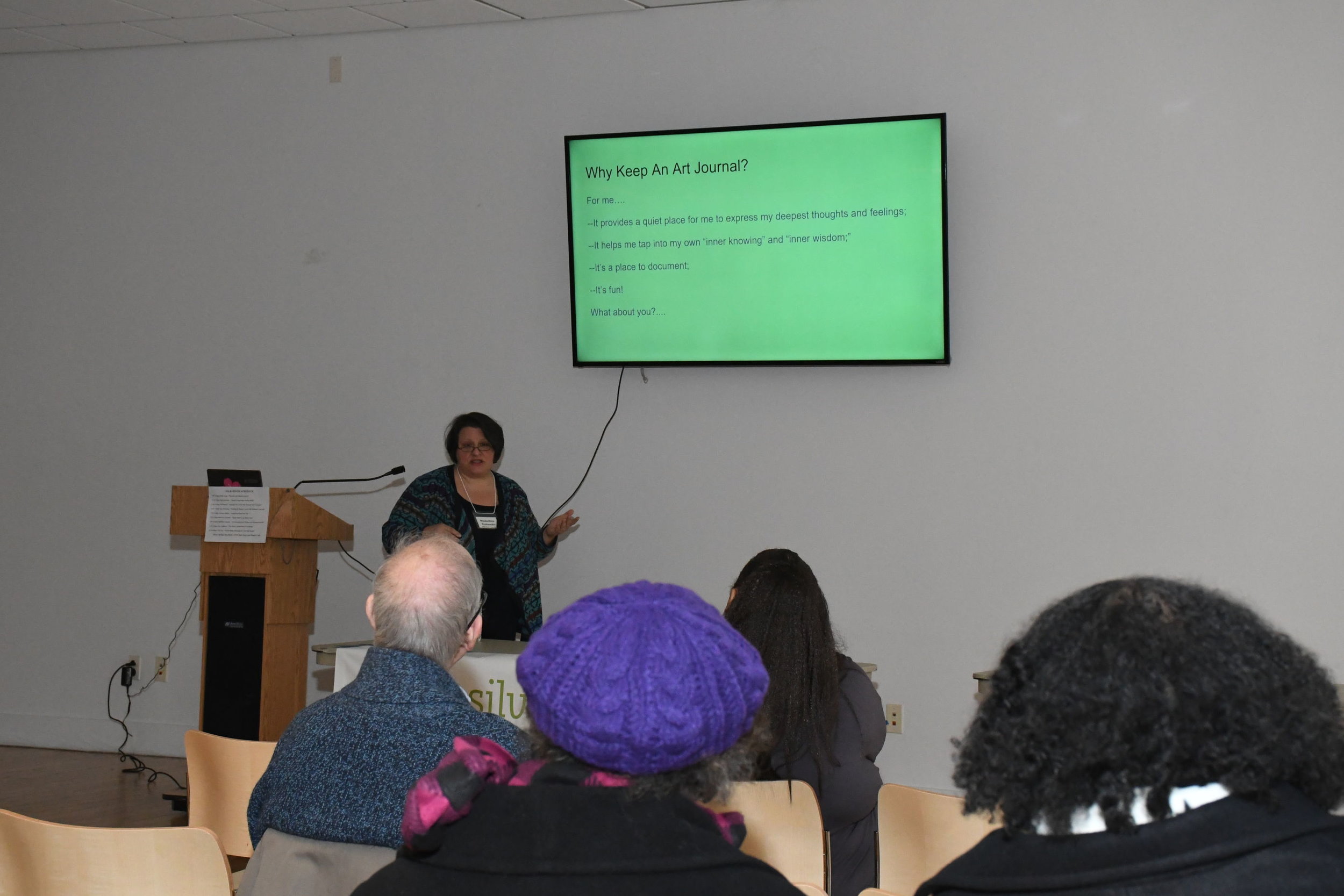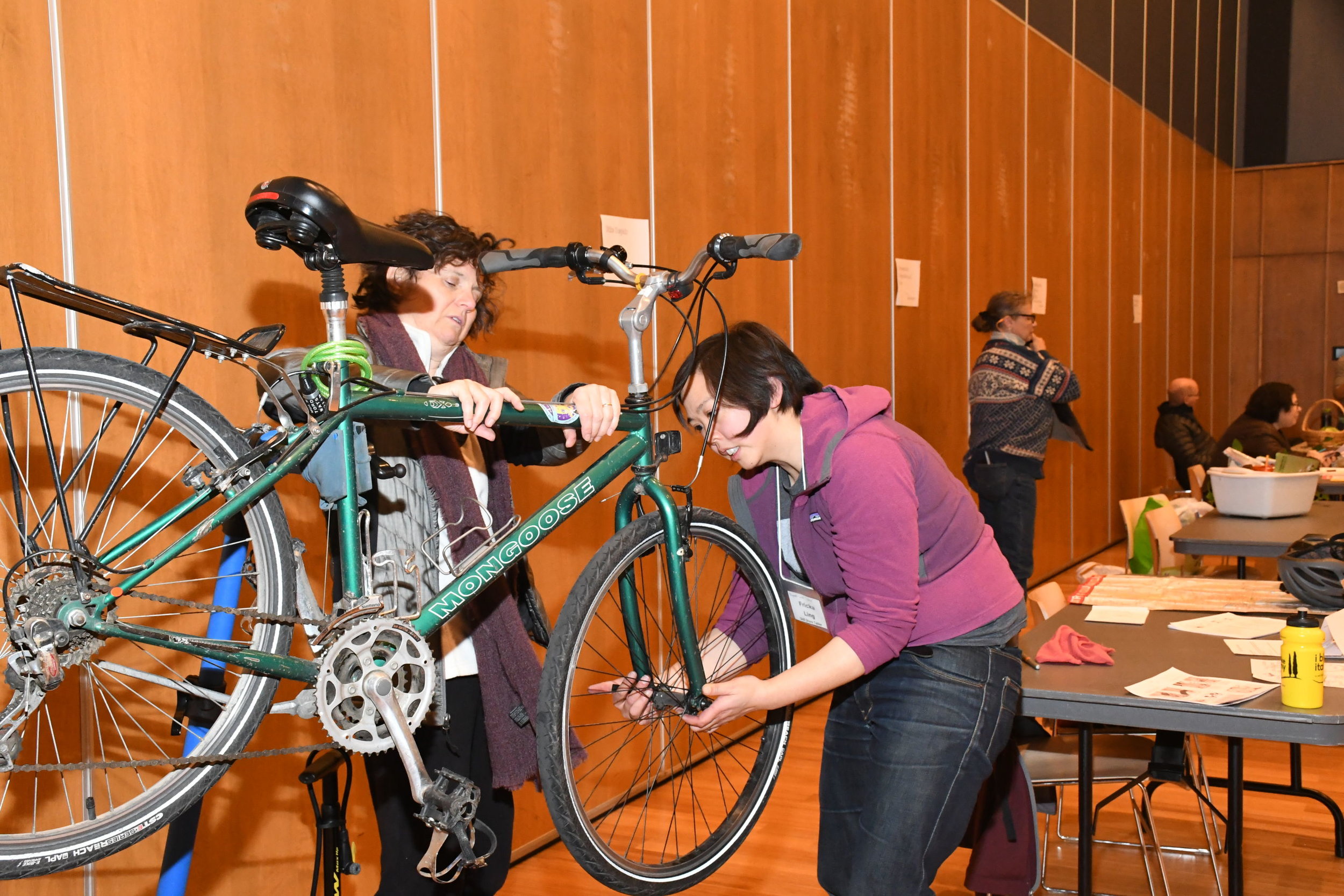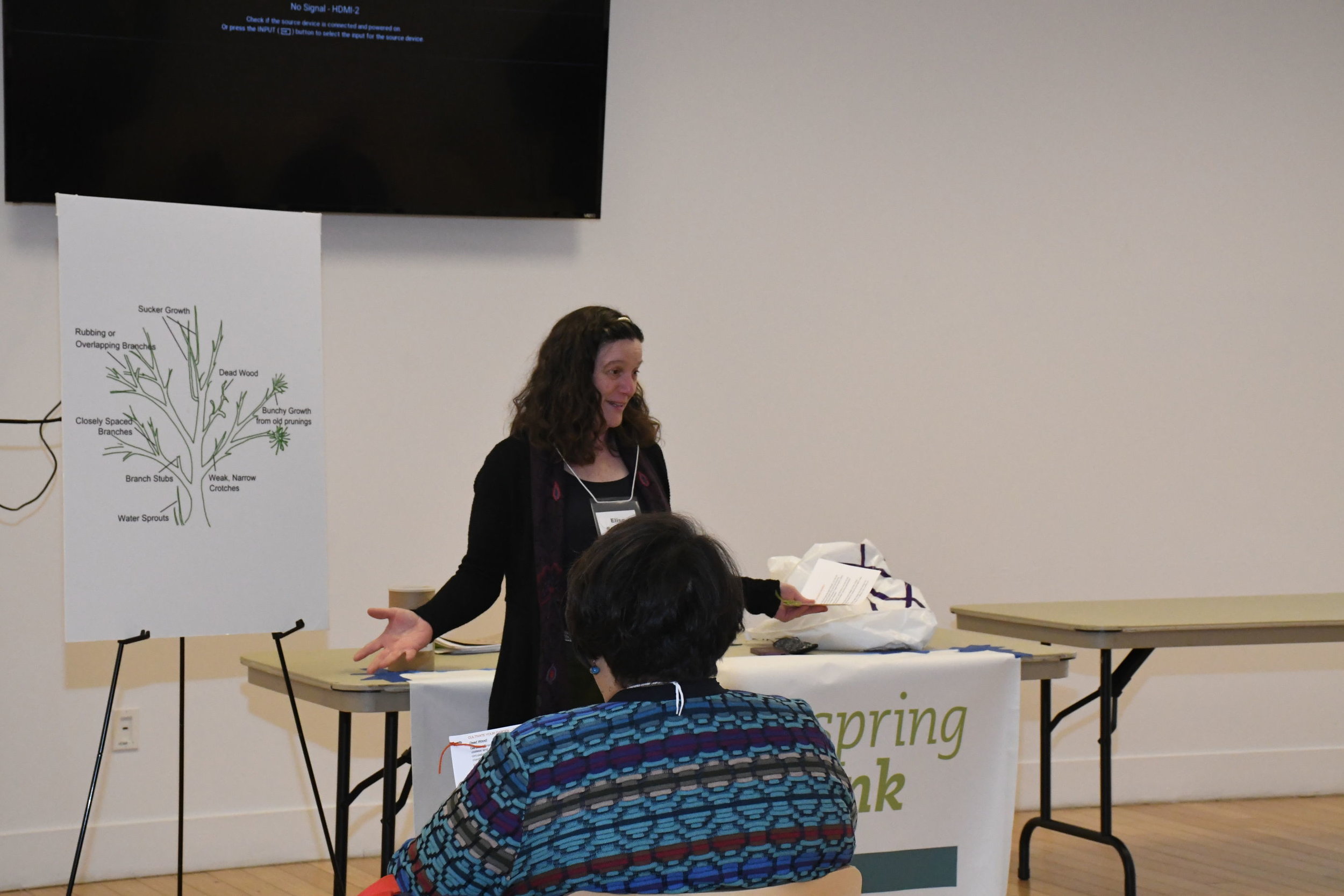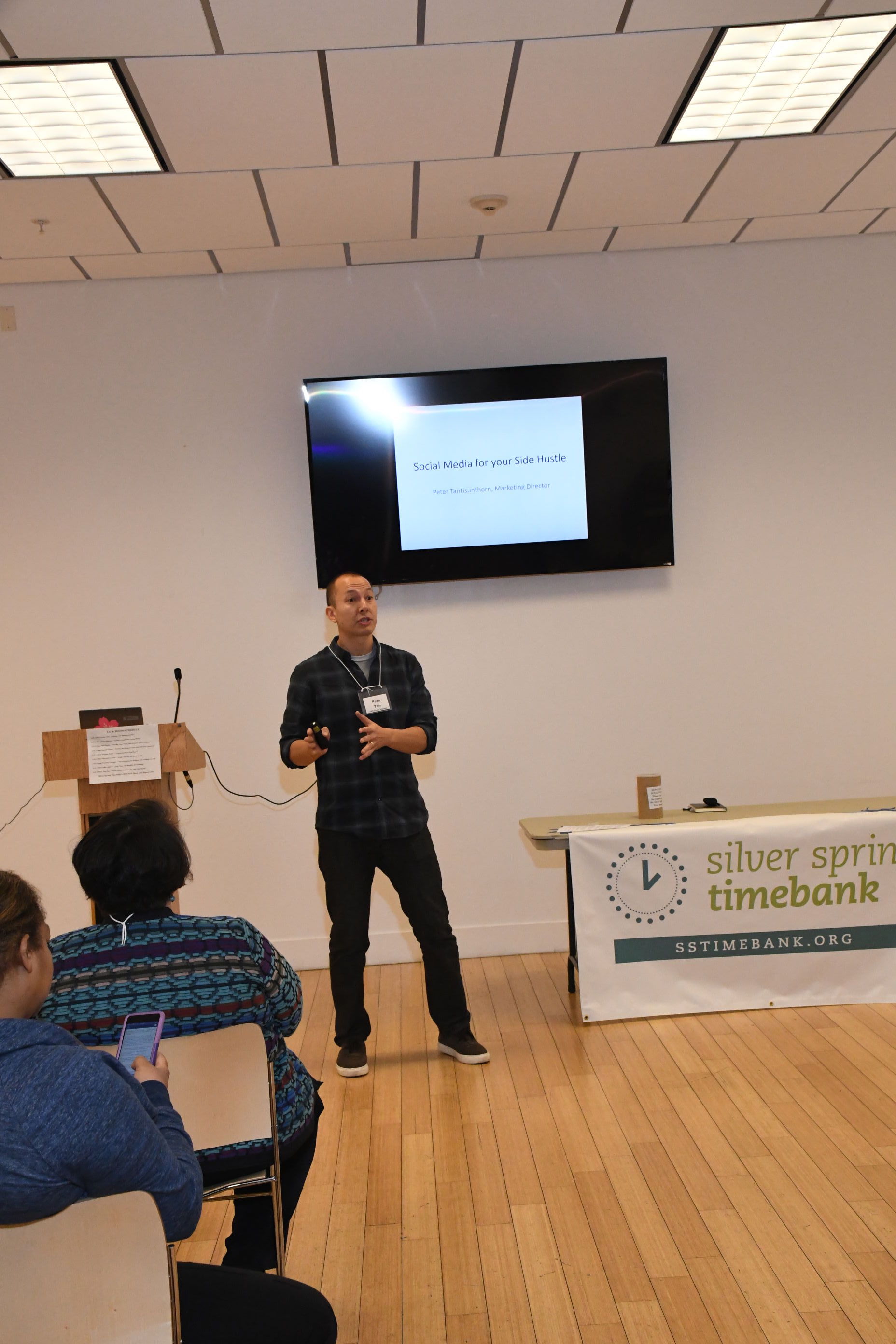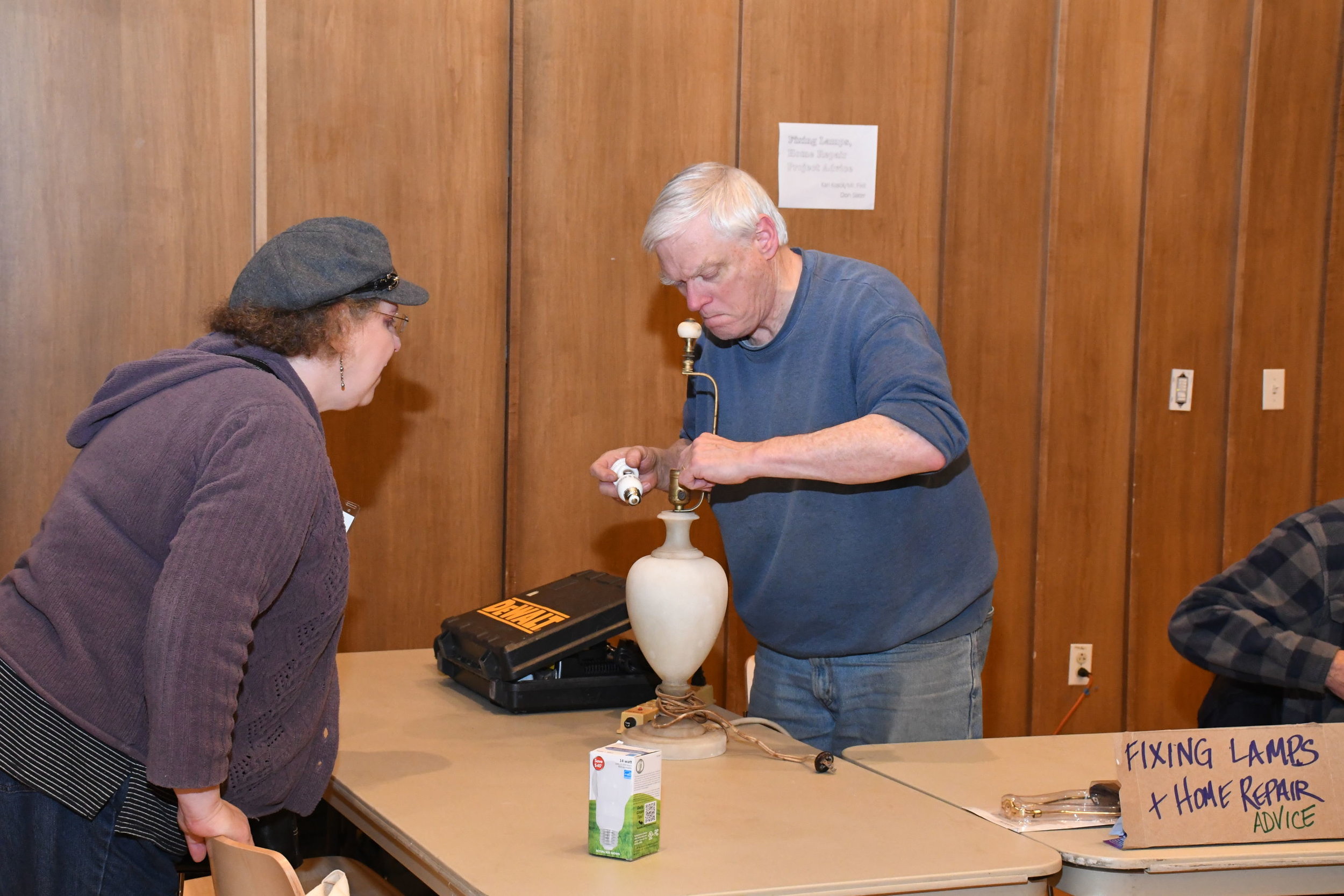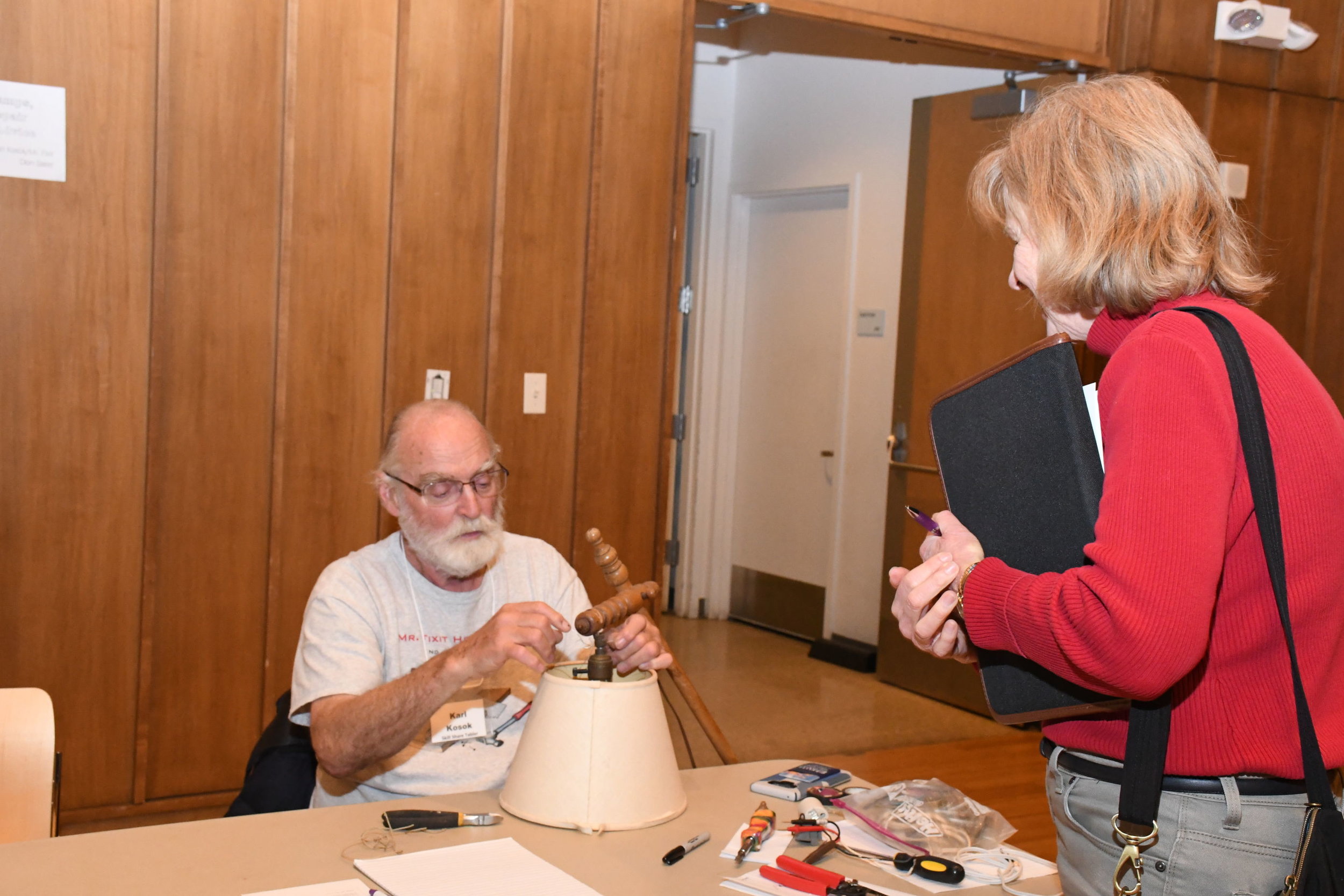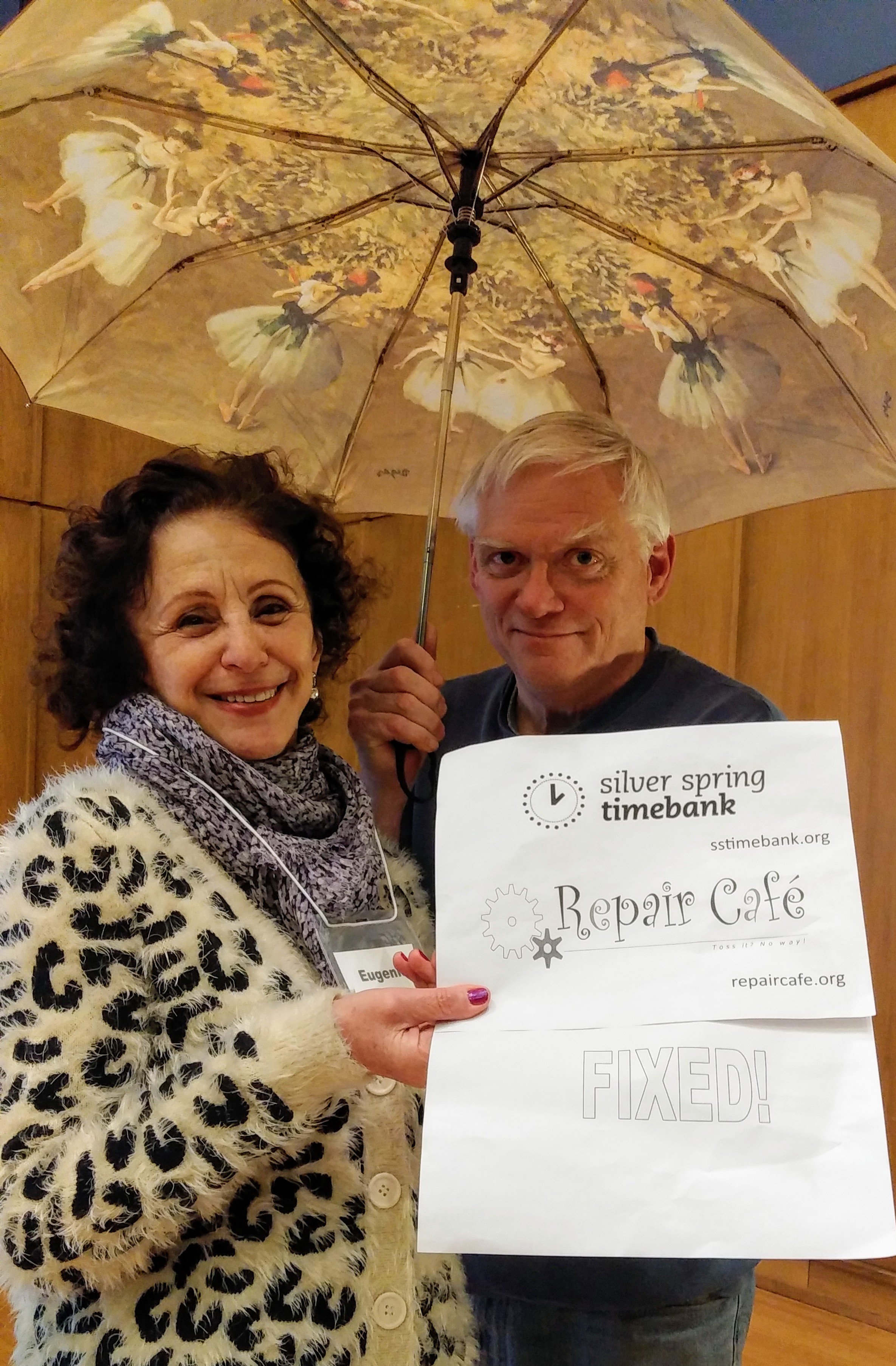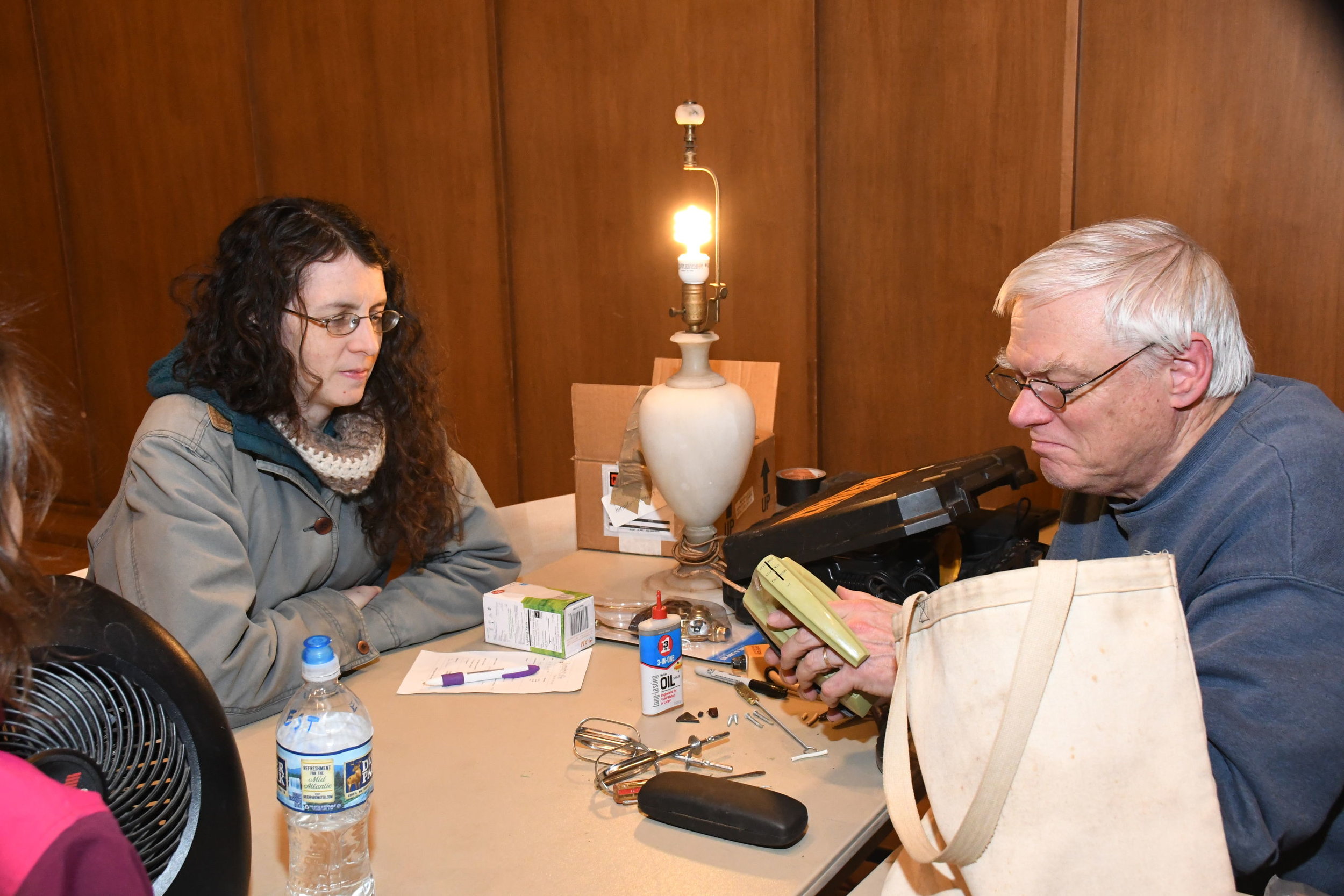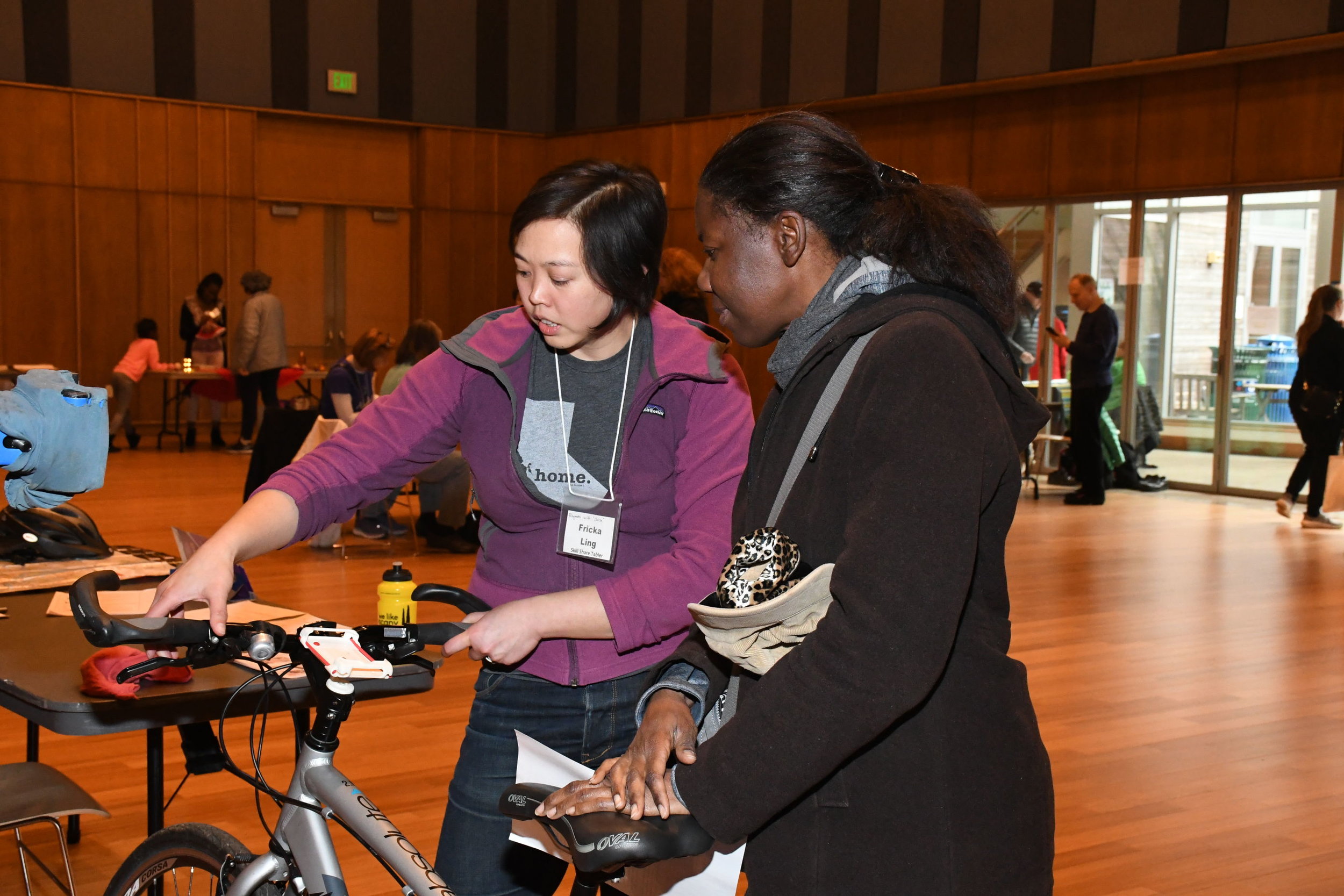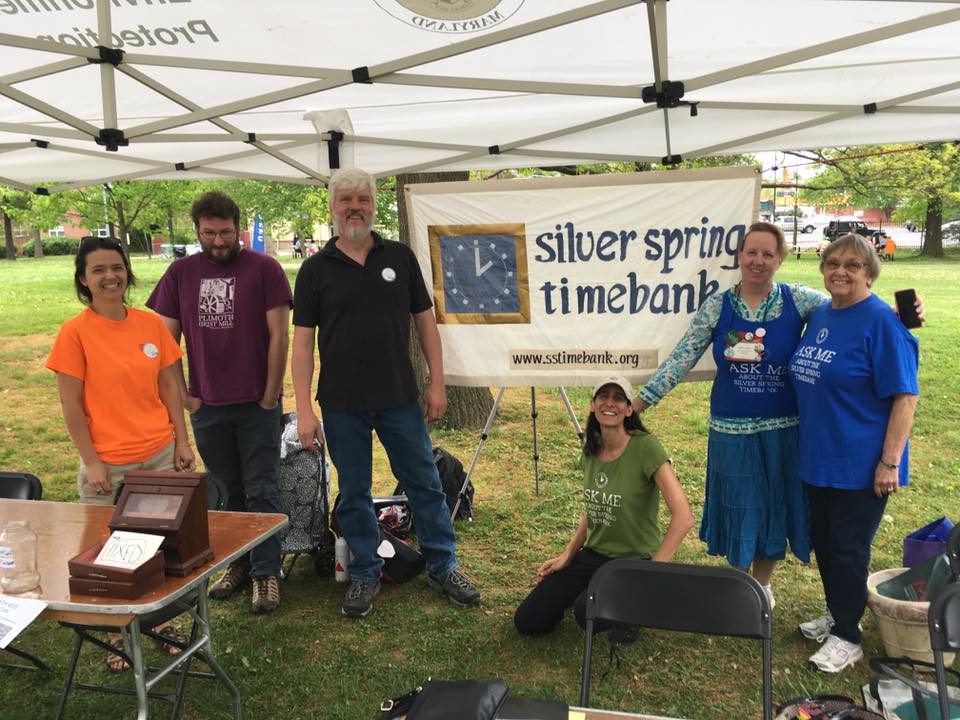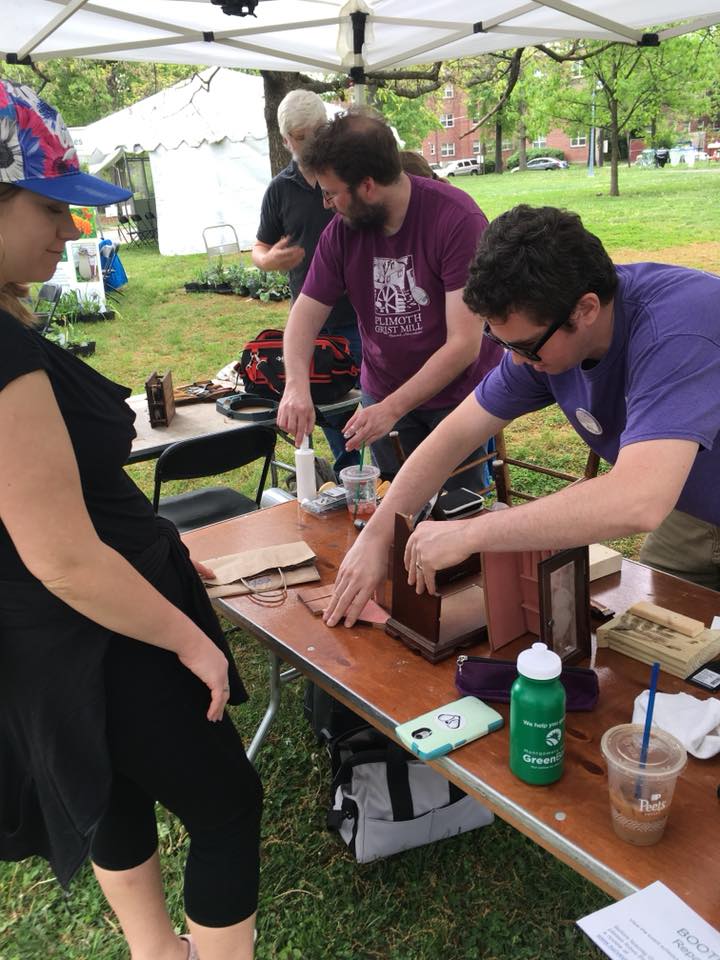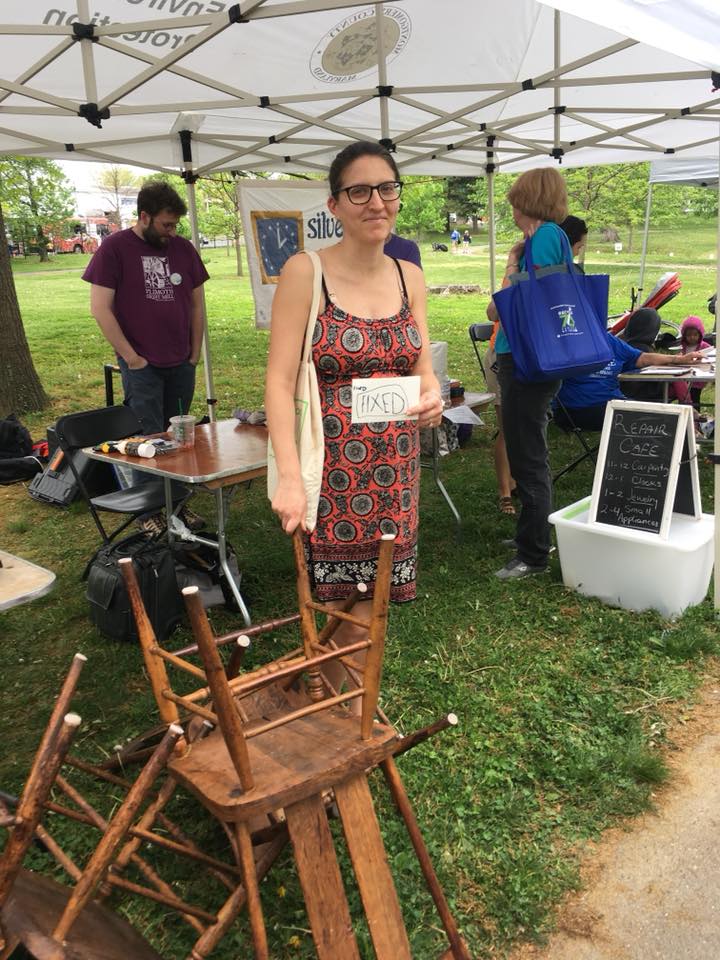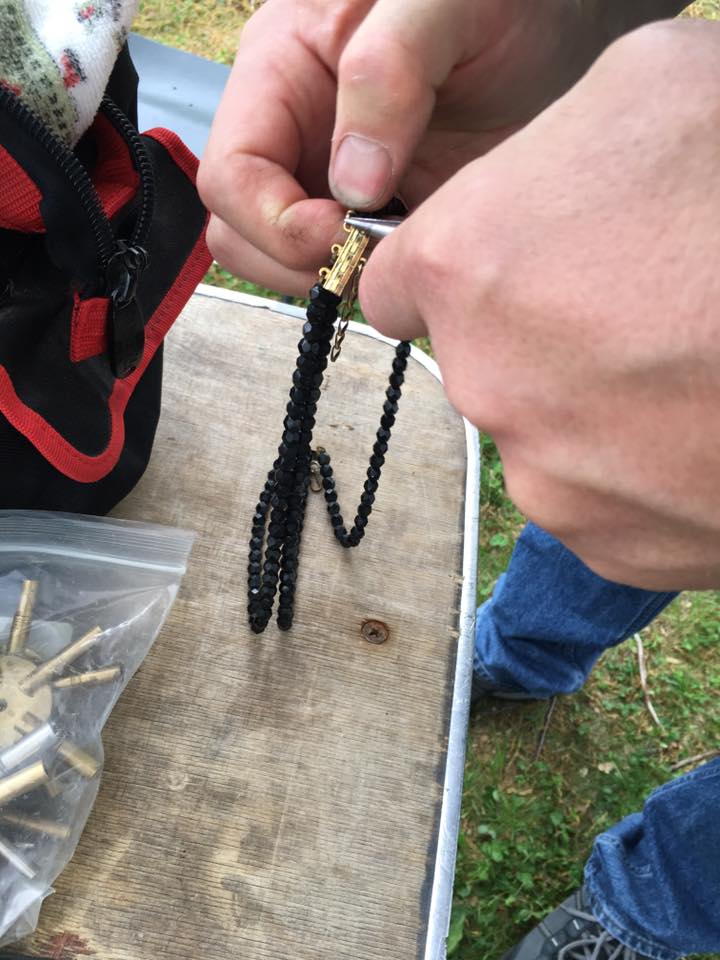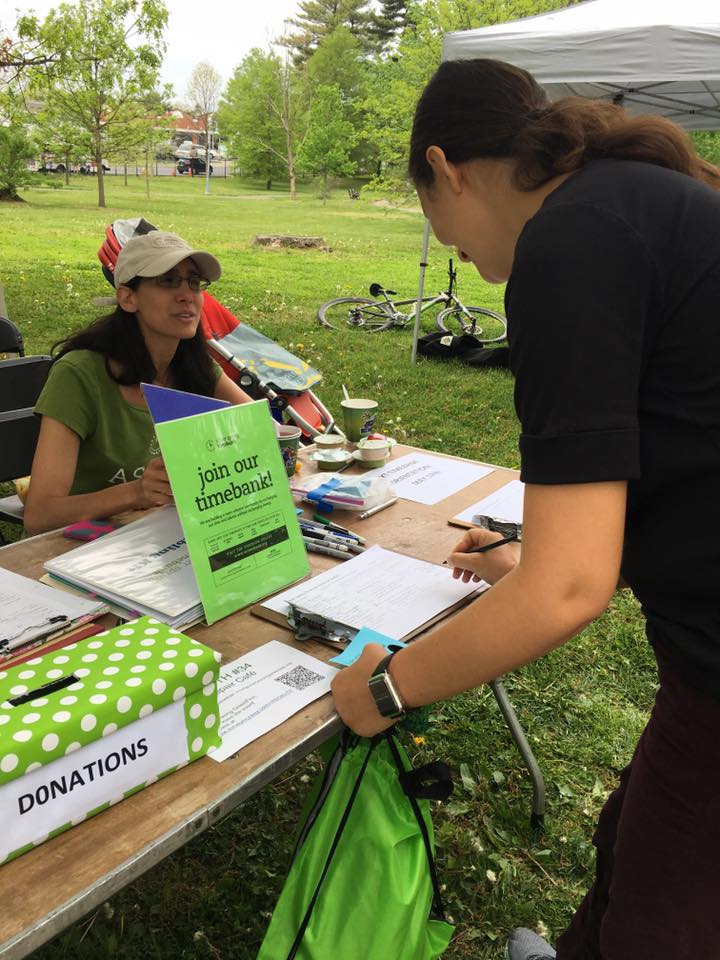Timebanking in times of social distancing: Supporting our community and ourselves
/Timebanking was created to connect people in order to help one another, increasing community well-being. But this is an unusual moment in time. The highly contagious Coronavirus has become a pandemic. How can we stay connected when we need to stay away from each other? How can we support others while keeping to social distancing guidelines, self-isolating, or even when in quarantine?
Many are finding it challenging to adapt to this new day-to-day routine. Not being able to go outside if you are vulnerable is one obstacle. For others, keeping up with schoolwork while their children are at home, while simultaneously teleworking, taking care of others, and doing household chores – including extra sanitizing -- can be overwhelming. These new conditions, plus worry about staying healthy, keeping loved ones safe, and maintaining one’s livelihood may generate a lot of stress.
Timebanking can help relieve some of that stress. For example, Timebank members offer services such as virtual tutoring in a variety of subjects for kids of all ages or even adults. Members may also provide counseling and health/wellness support or guided meditation sessions using online tools. Delivering groceries for vulnerable neighbors who need to stay inside is also an option. Career counseling and resumé writing assistance can help members whose employment has been affected. Members may even add to their future marketability by using this time – and the help of fellow members – to learn new skills or study for certifications. They can also partner up to navigate public services and benefits. Now that many of our normal activities have shifted to be performed online – and since some members might not be familiar with online video, chat, and meeting apps – tech and computer assistance may be an especially useful and popular service exchange. But we shouldn’t overlook the most basic ways we can connect, like a quick phone call to reduce isolation.
This year, the Silver Spring Timebank again celebrated International Timebanking Day (expanding it to a week). By that point in March, members were already aware of the need for social distancing, and our exchanges took that into consideration. Members earned bonus time when they helped fellow members to rake leaves from their yards (keeping a minimum six-foot distance), delivered mulch, and helped to keep a book club going by teaching its members how to use online meeting applications. And through inter-trading, a specialist in pet communication gave advice to one of our Timebank members about their pet. Since that time, Maryland's governor issued a stay-at-home order, making remote/virtual exchanges all the more needed.
Timebanks are not just for exchanging services. When we get to know one another by giving and receiving help, we strengthen the fabric of our communities. We need not feel isolated. With a little creativity, we can stay connected and lend support, from a distance.
Would you like to take part in our Remote-Exchange Idea Challenge? Let’s inspire one another. Earn an extra 30 minutes for submitting creative ideas for distance exchanges to silverspringtimebank@gmail.com by April 14. We can’t wait to hear your suggestions and share them on social media!




